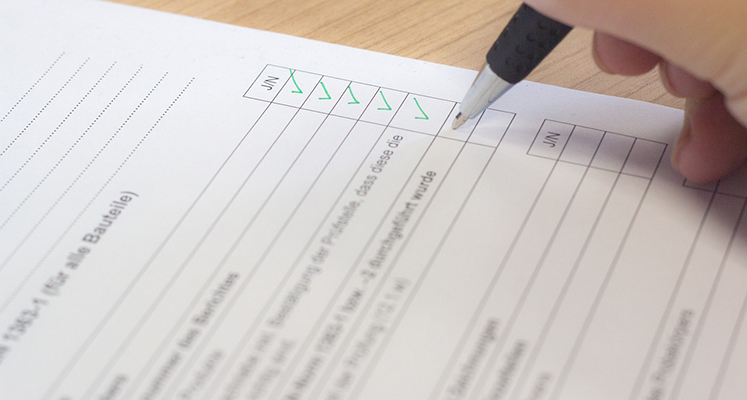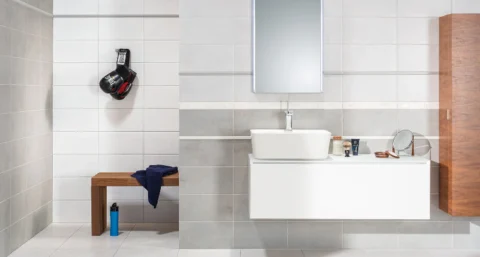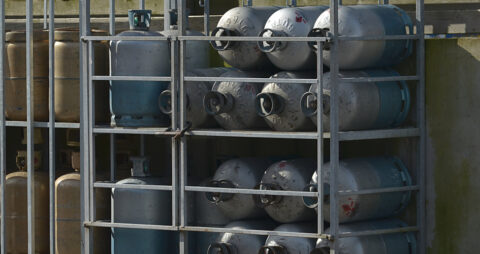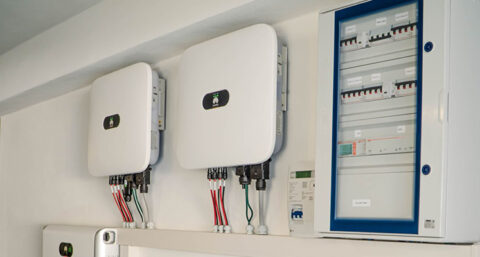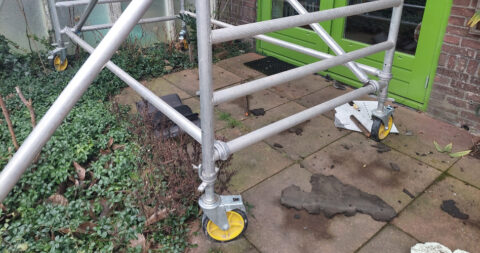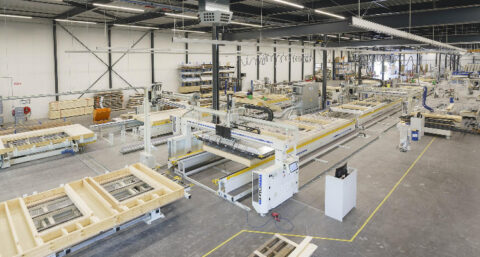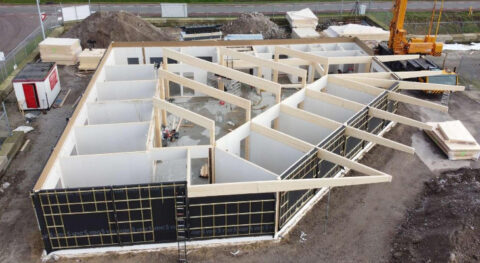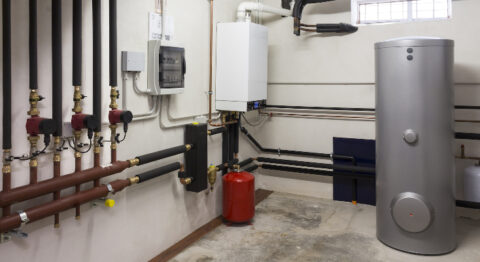The quality requirements for installation work have been made explicit and there is now much consensus and acceptance of quality requirements that an installer must meet. That is the biggest step forward Wil van Ophem has seen in his years as director of quality assurance organizations for installers. He started as Director of Technical Affairs at KBI Foundation in 2012, and next month he will step down as Director of InstallQ. 'Lately, partly due to regulatory pressure, there has been an extra drive toward demonstrable quality.'

'Very big steps have been taken,' says Van Ophem. 'We have made visible final attainment levels that mechanics must meet.' In the beginning, for example, there were three sets of final attainment levels for electrical skills, from different industry organizations, such as Sterkin and Kenteq. Confusion arose in the market, which is partly why several mergers eventually brought InstallQ into existence. 'Now there is only one set of exit qualifications for each subject and it is absolutely clear what the installer must meet. Although of course that is always evolving.' Electricity, gas and water were completed a few years ago; now it's the turn of the smaller subjects, such as solar heating and heat pumps.
Recognized and certified
Those end terms apply first and foremost to installation companies. For these companies, there is a distinction between accreditation and certification. 'Recognition is the basis,' says Van Ophem. 'A recognition depends on professional certificates of the installers, the state of the tools, the calibration of the measuring instruments and the use of checklists for a final inspection. For certification, we also look at things like procedures, record keeping and there is more supervision. Moreover, we are then more stringent.'
But surely you don't need a certificate to deliver quality, it is sometimes said. 'It's increasingly about making that quality demonstrable,' objects Van Ophem. 'That's the reality.' That means recording everything, including on site. That's why installers have to fill out checklists and are advised to take photos for the file.
He emphasizes the importance of such records with an anecdote. 'On an installer's afternoon, I can give a nice talk about what you need to keep records to be able to prove afterwards what you have done. But people didn't become installers just to do the paperwork. Then it's nice when someone stands up, an installer, who tells that he received a complaint about an electrical installation he had installed two years earlier. But when he opened the meter box on the spot, it turned out that the KPN had been by, a business hall had been built on and it had been tinkered with in all sorts of ways. In any case, what he saw there was not as he had left the installation. If only he had taken a few pictures, he could have shown them now. He could no longer prove anything. So registering is not just for accreditation or certification, it's also just risk management.
Increased capacity in training
In addition to accrediting and certifying installation companies, InstallQ engages in training and examination. InstallQ does not do that training and examination itself. They accredit training institutions so that their programs meet the requirements for accreditation and certification. Three years ago they added company schools, such as those of Feenstra, Bonarius and Breman, for example. 'That has given the market a lot of capacity, and in terms of content, the courses are just good. We did set some additional requirements for those courses, for example that an assessor from another branch must be present and that they always work with the four-eye principle. That way we prevent colleagues from passing each other.'
Growth through legal regulations
There are more and more approvals and certifications, Van Ophem says. In 2019 there were 300 recognitions for solar power, now there are already 600. This is not only because of the fast-growing market, but also because insurers are starting to demand recognition. 'Because if the quality is not good, there is more chance of damage.'
Growth is also evident in a subject such as heat pumps. But the biggest drivers are the stricter legal regulations, such as the Gas Boiler Act. '20,000 mechanics have been trained since the Craftsmanship CO was introduced three years ago. That's really because of that legal stick. In addition, you unfortunately see a shake-out in the market. For example, if central heating maintenance is not that important to a company, they don't certify. That is now a choice that companies have to make.'
Trust of the borger
Van Ophem therefore looks with great interest at the Wkb, which was introduced early this year for ground-level new construction and small office buildings. 'In general, the Wkb requires a building file. So the main contractor wants such a file and the checklist from the installer. We provide a format for that checklist. Of course, our way is not the only good way. But if you use our checklists, at least you do it right and that prevents a lot of discussion.'
In addition, Van Ophem points to the role of the borger. 'I am very curious to see how this will develop. That borger ultimately has to sign off. That is about trust. That borrower must have confidence in the information he receives from the installer, and that confidence might well be greater in recognized and certified companies than in companies without a certificate. If it means that the borrower will then sign off more quickly, then the general contractor will also prefer to deal with recognized and certified installation companies. Because fewer inspections also means fewer costs.'
Showing afterwards what you did
'Files that show in retrospect what you have done are becoming increasingly important, that has been my contention for years,' says Van Ophem. 'And fortunately there is a lot of commitment, not only from the big parties. Also from the one- and two-pitters. They don't think it should be legally enforced, but if you want to do central heating maintenance, for example, it's part of the job. Data logging is often done manually, but for such small companies it is still manageable.'
Wil van Ophem looks back on his time at InstallQ and its predecessors with satisfaction. 'A lot has been done and achieved, but after three four-year terms it has been enough. It is now nice to hand over to someone else who can look at it again with fresh eyes.' He himself will work for Netbeheer Nederland, among others, and he will coordinate and carry out audits and inspections in the infrastructure sector.
